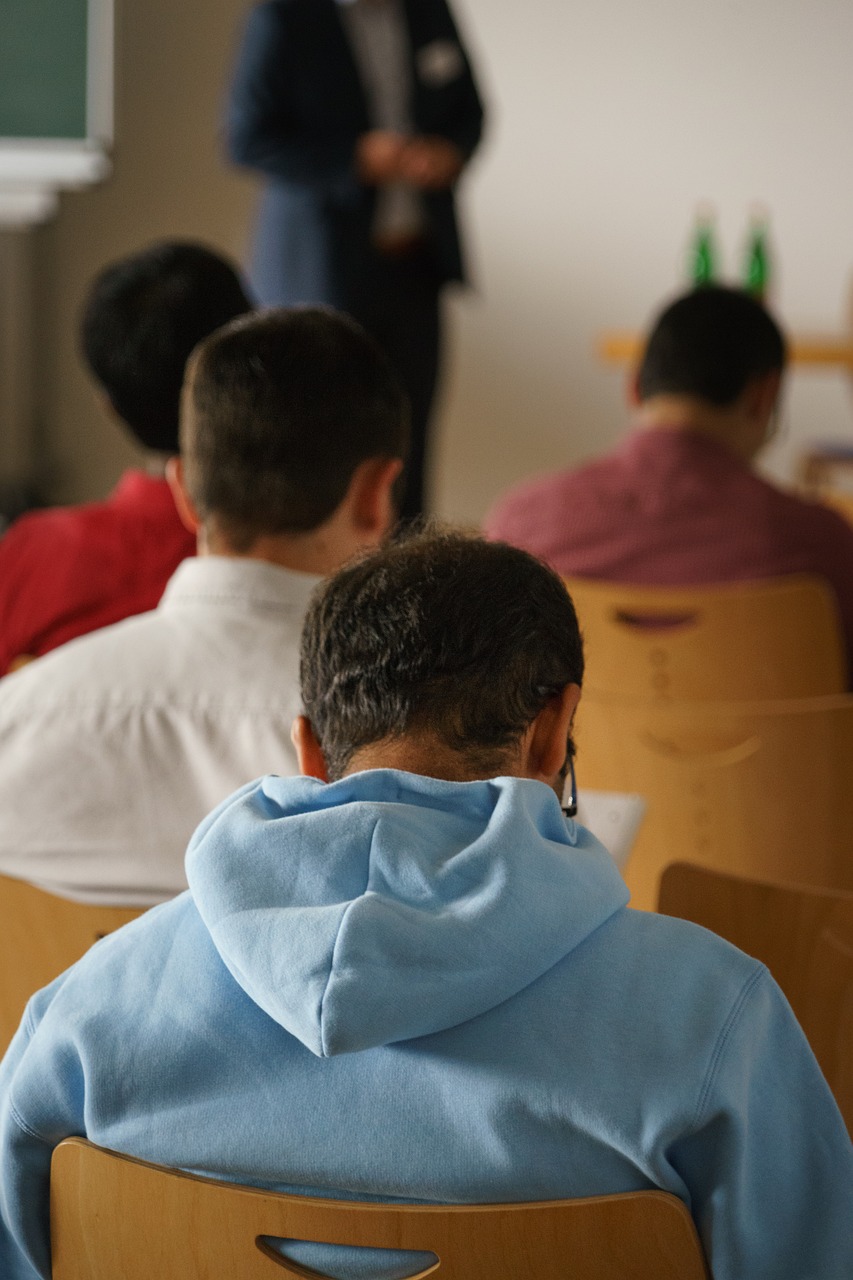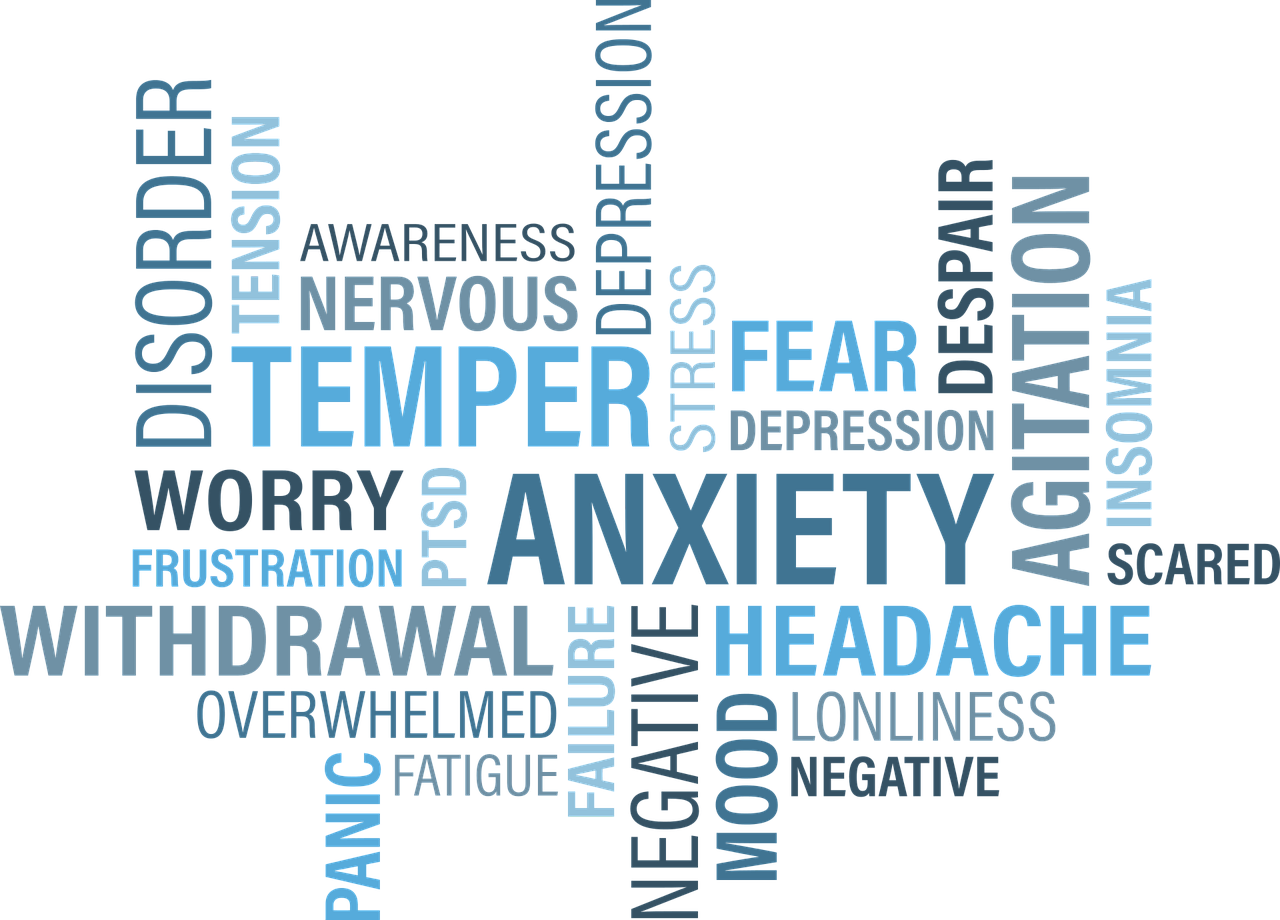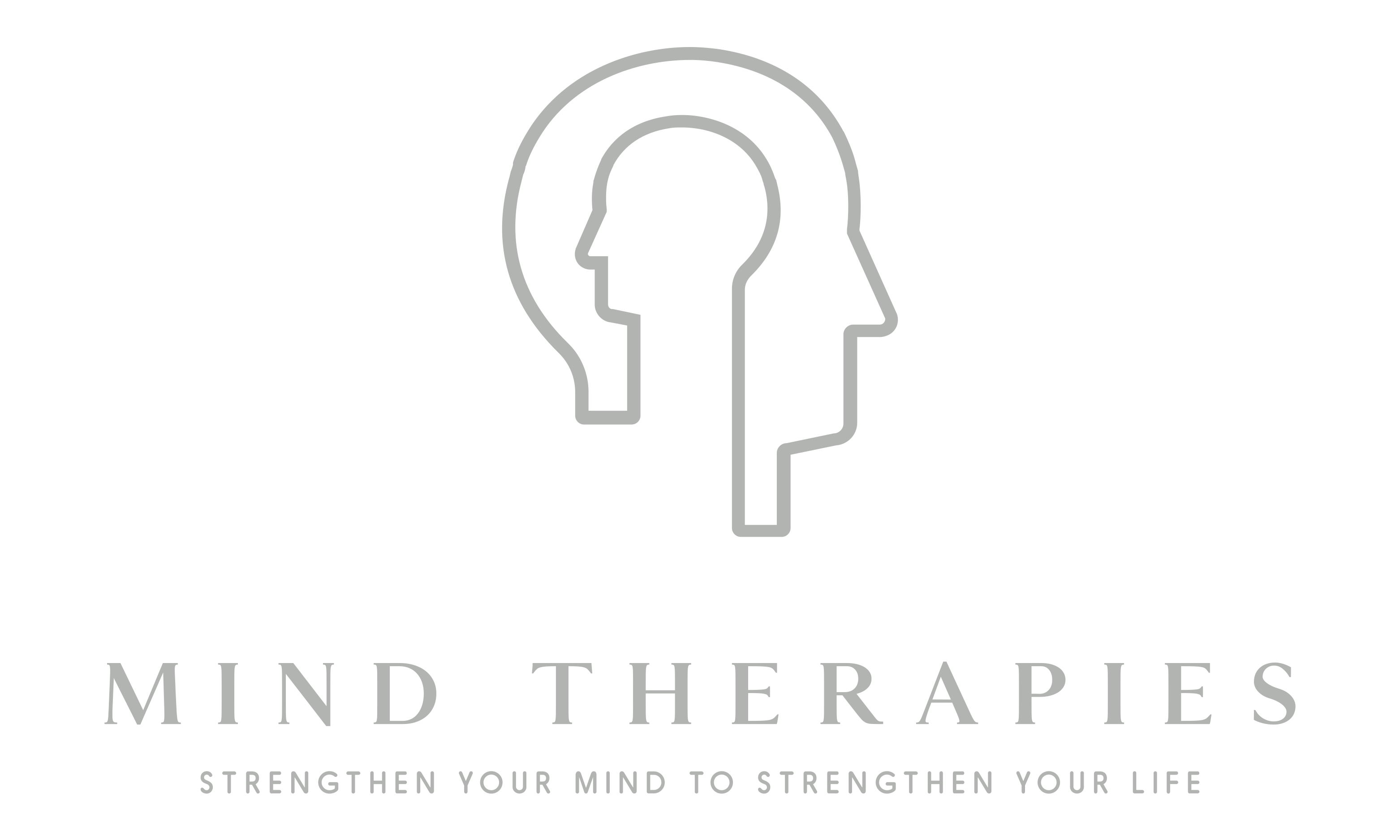
What is in a Workshop?
Workshops are designed to be deliver a comprehensive approach to Psychotherapy. Each workshop is carefully crafted to deliver a range of skills and information in a structured and linear approach. Key components of each workshop include:
- Psycho-education on each topic and reference to the scientific/clinical research that supports them
- Practical exercises and techniques (Cognitive, Behavioural and Hypnotherapy)
- Skills Training
- Worksheets and documentation
- Hypnotherapy (where appropriate)
- Take away tasks and ‘homework’

TREATING ANXIETY
First of all we must understand Anxiety. What it is, Where it comes from and how it is maintained.
This workshop offers individuals an opportunity to take control of their Anxiety through clinically proven methods but more importantly become aware of what Anxiety actually is and how to deal with it.

CHALLENGING NEGATIVE THOUGHTS AND BELIEFS
This workshops focusses on how we think and how it affects our behaviour and emotions. Once we can recognise our thoughts and specific processes, we can then look to change them.
What are the core beliefs that maintain how we perceive the world around us?

ASSERTIVENESS
The ability to ‘Assert’ yourself in a work or personal environment is a key element to successful and healthy relationships.
An informative workshop for those looking to develop their leadership skills or for anyone looking to improve their confidence and interactions with other people.

RELAXATION, BREATHING AND MINDFULNESS
This workshop is designed to teach you how to recognise what relaxation actually is and how the body and mind respond.
Breathing techniques can play a key role in relaxation, as well as understanding the concept and application of Mindfulness.
An example of Approaches, Techniques and Exercises that may be used in Workshops
- Psycho-Education about hypnosis, CBT, or the nature of the problem
- · Self-awareness Exercises (from Gestalt Therapy/Mindfulness-based CBT)
- · Cognitive Insight / Identification of Negative Cognitions or Beliefs
- · Cognitive Disputation & Restructuring (Beck/Ellis)
- · Hypnotic Skills Training & Self-Hypnosis (Sensory Recall & Mood Induction)
- · Post-Hypnotic Suggestion – for symptom removal/habit change/treatment adherence
- · Relaxation Techniques: Meditation (Benson) and Breathing Techniques
- · Tension-Release Progressive Muscle Relaxation/PMR (Jacobson)
- · Cue-Controlled Relaxation & Emotional Self-Regulation
- · Systematic Desensitisation (Wolberg/Wolpe)
- · Cognitive Distancing & Delusion & De-hypnosis (Beck, Hayes, Robertson/Davis)
- · maginal Exposure Therapy (Graded Exposure to Pure Exposure/Emotional Flooding)
- · Covert Sensitisation (Aversion Therapy)
- · Negative Practice & Paradoxical Intention (Dunlap)
- · Covert Behavioural Rehearsal (Imaginal Rehearsal of Coping Skills)
- · Goal Visualisation & Self-Image (Maltz/Susskind)
- · Solution-Focused Therapy (de Shazer & Berg) and Strengths Focused Approaches (Meichenbaum)
- · Coping Statements and Self-Instruction (Meichenbaum/Vygotsky)
- · Cognitive Rehearsal
- · Mood Induction & Rational Emotive Imagery (Ellis)
- · The Use of Operant Conditioning (Skinner)
- · Positive Regression Hypnotherapy
- · Hypnotic Relaxation Therapy and Soviet Sleep Hypnotherapy
- · Thought-Stopping (Alexander/Wolpe)
- · Habit Reversal (Nunn & Azrin)
- · Stimulus Control /Positive stimulus reconditioning (Pavlov, Skinner, Bootzin)
- · Assertiveness & Authenticity Training (Salter/Wolpe)
- · Role-Modelling, Social Learning and Principles of Self-Efficacy (Bandura)
- · Hypnotic Suggestion & Autosuggestion
- · Stress Inoculation Training (Donald Meichenbaum)
- · Problem Solving Hypnotherapy (Nezu, Nezu & D’Zurilla)
- · Mindfulness & Acceptance Based Approaches
- · Attention Training (narrow, stuck vs flexible & open)
- · Behavioural Activation and Values Based Living
- · Undoing and Unlearning Self-Consciousness
What do we mean by evidenced-based?
As in any industry, the integrity and professionalism of any high quality provision is based on an objectively based and accredited approach. Therefore, the delivery of such is based only on methods that have been psychologically, scientifically and clinically evidenced.
Workshops are designed around the research of eminent psychologists and psychiatrists in the field of Behavioural and Cognitive Science including (but not limited to): Aaron Becks Cognitive Behaviour Therapy (CBT), Albert Ellis’s Rational Emotive Behaviour Therapy (REBT), Andrew Salters Conditioned Reflex Therapy (CRT), Edmund Jacobson’s Progressive Muscle Relaxation (PMR), Joseph Wolpe’s Systematic Desensitisation (Reciprocal Inhibition) and a wealth of research from pioneering psychotherapists/hypnotherapists from the 17th to the 21st Century.

